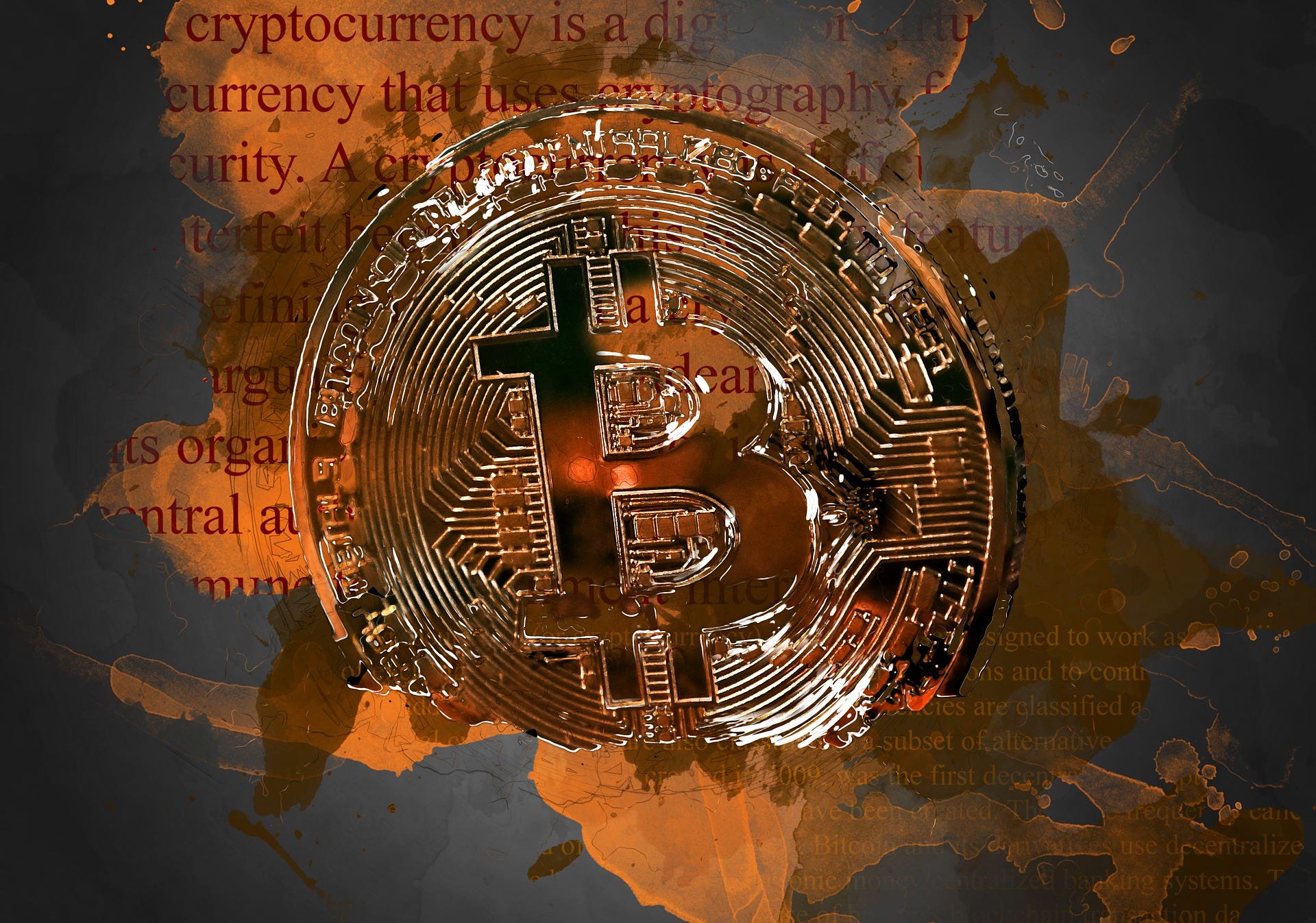PALO ALTO, Calif. (Reuters) - The Federal Reserve is taking a look at a broad variety of concerns around digital payments and currencies, including policy, design and legal factors to consider around potentially issuing its own digital currency, Governor Lael Brainard said on Wednesday. Brainard's remarks suggest more openness to the possibility of a Fed-issued digital coin than in the past." By changing payments, digitalization has the potential to provide greater value and convenience at lower cost," Brainard said at a conference on payments at the Stanford Graduate School of Service.
Reserve banks globally are debating click here how to handle digital financing technology and the distributed ledger systems used by bitcoin, which promises near-instantaneous payment at potentially low expense. The Fed is developing its own day-and-night real-time payments and settlement service and is presently examining 200 comment letters submitted late last year about the proposed service's design and scope, Brainard said.

Less than 2 years ago Brainard informed a conference in San Francisco that there is "no engaging showed need" for such a coin. But that was before the scope of Facebook's digital currency ambitions were commonly known. Fed authorities, consisting of Brainard, have actually raised issues about customer securities and information and privacy hazards that might be positioned by a currency that could enter into usage by the 3rd of the world's population Extra resources that have Facebook accounts.
" We are working together with other reserve banks as we advance our understanding of reserve bank digital currencies," she said. With more countries checking out releasing their own digital currencies, Brainard said, that contributes to "a set of factors to likewise be making certain that we are that frontier of both research study and policy advancement." In the United States, Brainard stated, issues that require study consist of whether a digital currency would make the payments system more secure or simpler, and whether it might position monetary stability dangers, including the possibility of bank runs if cash can be turned "with a single swipe" into the main bank's digital currency.
To counter the monetary damage from America's extraordinary national lockdown, the Federal Reserve has taken extraordinary steps, including Browse around this site flooding the economy with dollars and investing straight in the economy. Many of these relocations got grudging acceptance even from numerous Fed skeptics, as they saw this stimulus as required and something only the Fed could do.
My new CEI report, "Government-Run Payment More helpful hints Systems Are Hazardous at Any Speed: The dantehexw582.edublogs.org/2021/09/06/fedcoin-will-replace-the-paper-dollar-legacy-research-2/ Case Against Fedcoin and FedNow," details the dangers of the Fed's present plans for its FedNow real-time payment system, and proposals for main bank-issued cryptocurrency that have actually been called Fedcoin or the "digital dollar." In my report, I talk about concerns about personal privacy, data security, currency manipulation, and crowding out private-sector competitors and development.
Advocates of FedNow and Fedcoin say the federal government must produce a system for payments to deposit instantly, instead of motivate such systems in the economic sector by lifting regulatory barriers. But as noted in the paper, the private sector is providing an apparently limitless supply of payment innovations and digital currencies to resolve the problemto the degree it is a problemof the time gap between when a payment is sent out and when it is received in a savings account.
And the examples of private-sector innovation in this location are numerous. The Clearing House, a bank-held cooperative that has been routing interbank payments in various types for more than 150 years, has actually been clearing real-time payments given that 2017. By the end of 2018 it was covering 50 percent of the deposit base in the U.S.